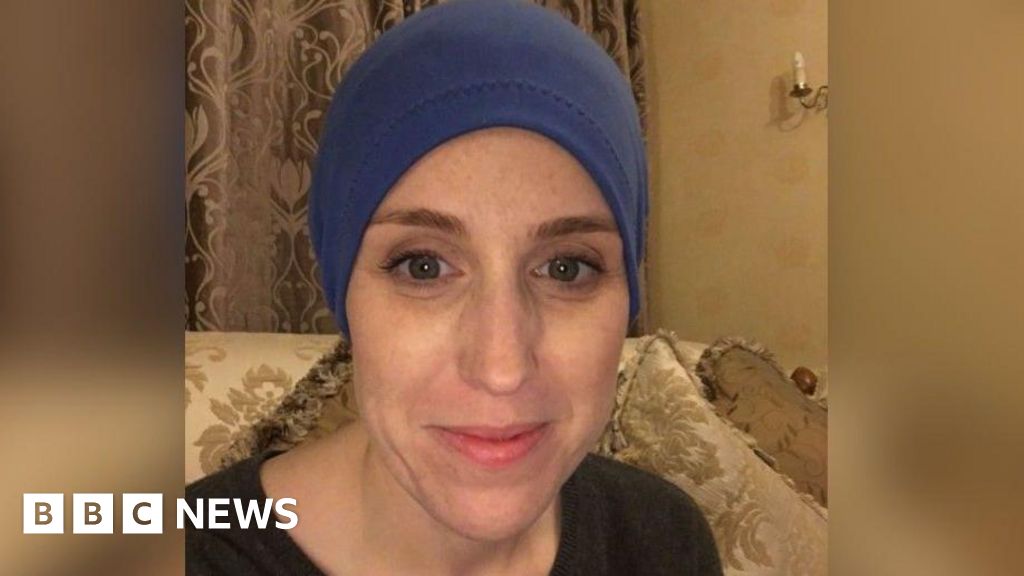Here is the plain text result:
The family of a mother who died from cervical cancer after twice being wrongly told she had negative results have been awarded undisclosed damages.
The misreporting of Louise Gleadell’s cervical screening results was admitted by University Hospitals of Leicester NHS Trust following her death aged 38 in March 2018. An internal review in 2017 found the samples taken four years apart were not good enough to produce reliable results, but neither Ms Gleadell nor her relatives were told about the “inadequate” samples while she was still alive.
Ms Gleadell, from Cossington in Leicestershire, was diagnosed with cervical cancer two years prior to her death. It was, by that stage, too late to have surgery. Two cervical screening tests, carried out in 2008 and 2012, were misreported to her as negative. It meant that over a four-year period, she had been given false reassurance about her health when she was developing cervical cancer, and the opportunity to treat pre-cancerous cells passed.
In fact, following the trust’s 2017 internal review, both samples were found to have been “inadequate”, and it found Ms Gleadell should have been invited back to have the tests repeated.
Louise began feeling unwell in late 2015, experiencing pain, abnormal bleeding, and unexpected weight loss. By February of the following year, she was so concerned about her health that she paid privately for an ultrasound scan. The findings led to further investigations, and a biopsy provided by the NHS led to a diagnosis of cervical cancer in March.
The NHS routinely looks back and re-examines test findings after someone is diagnosed with cervical cancer. After appointing solicitors to examine the case, the family found out that the NHS trust knew of the misreporting of the results in the summer of 2017 – before Louise died. It is not clear why Louise was not told about this.
Richard Mitchell, chief executive at the trust, said: “I am deeply sorry that mistakes were made in how we cared for and communicated with Louise and for the devastating consequences. Errors like those in Louise’s care are rare, and there have been significant improvements in cervical screening since 2019 when human papillomavirus (HPV) testing was introduced nationally.”
The family has stressed they would encourage all women to go for a cervical screening and have unanswered questions about how and why the mistakes were made and why the family was not told after Louise’s diagnosis.
Source link




